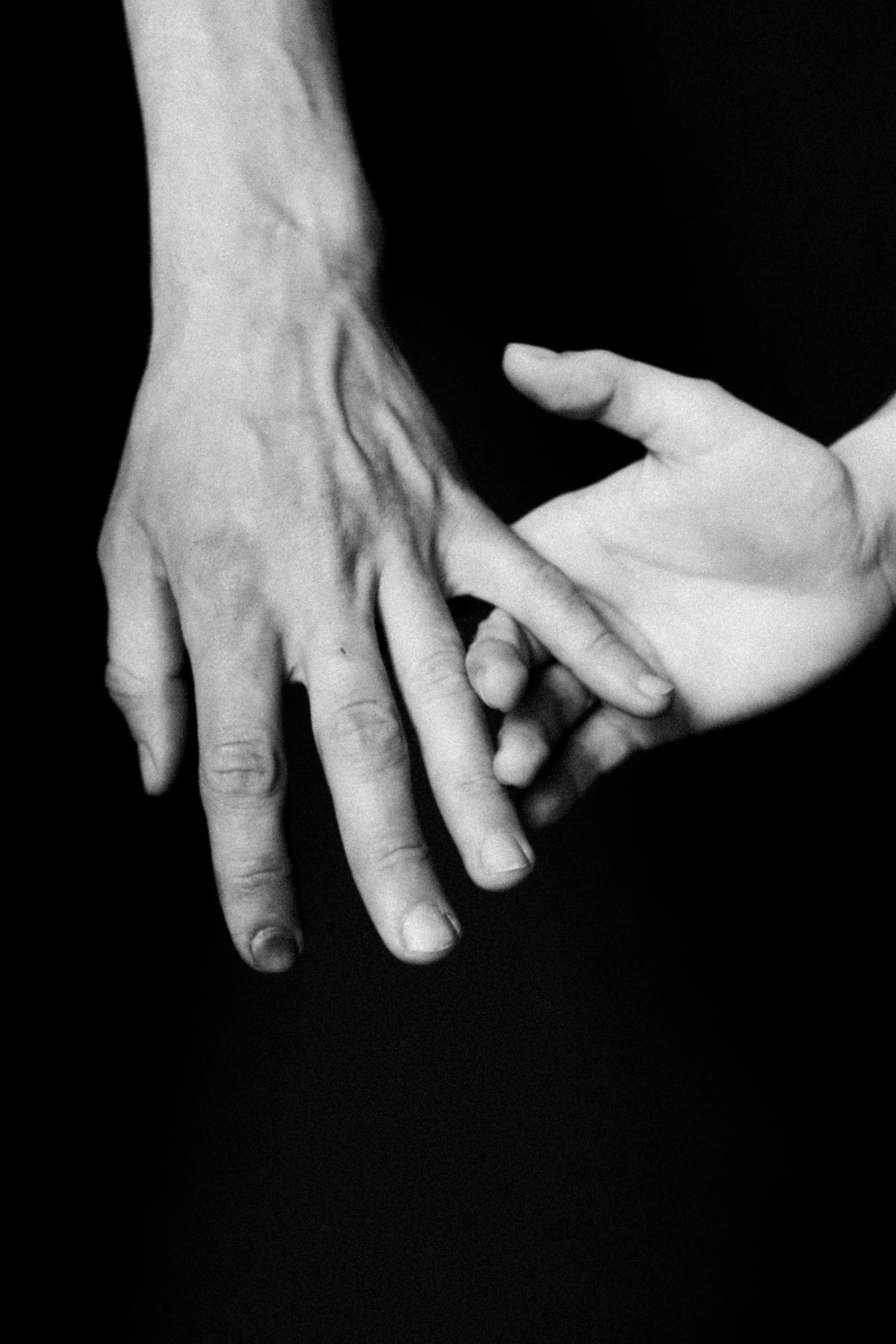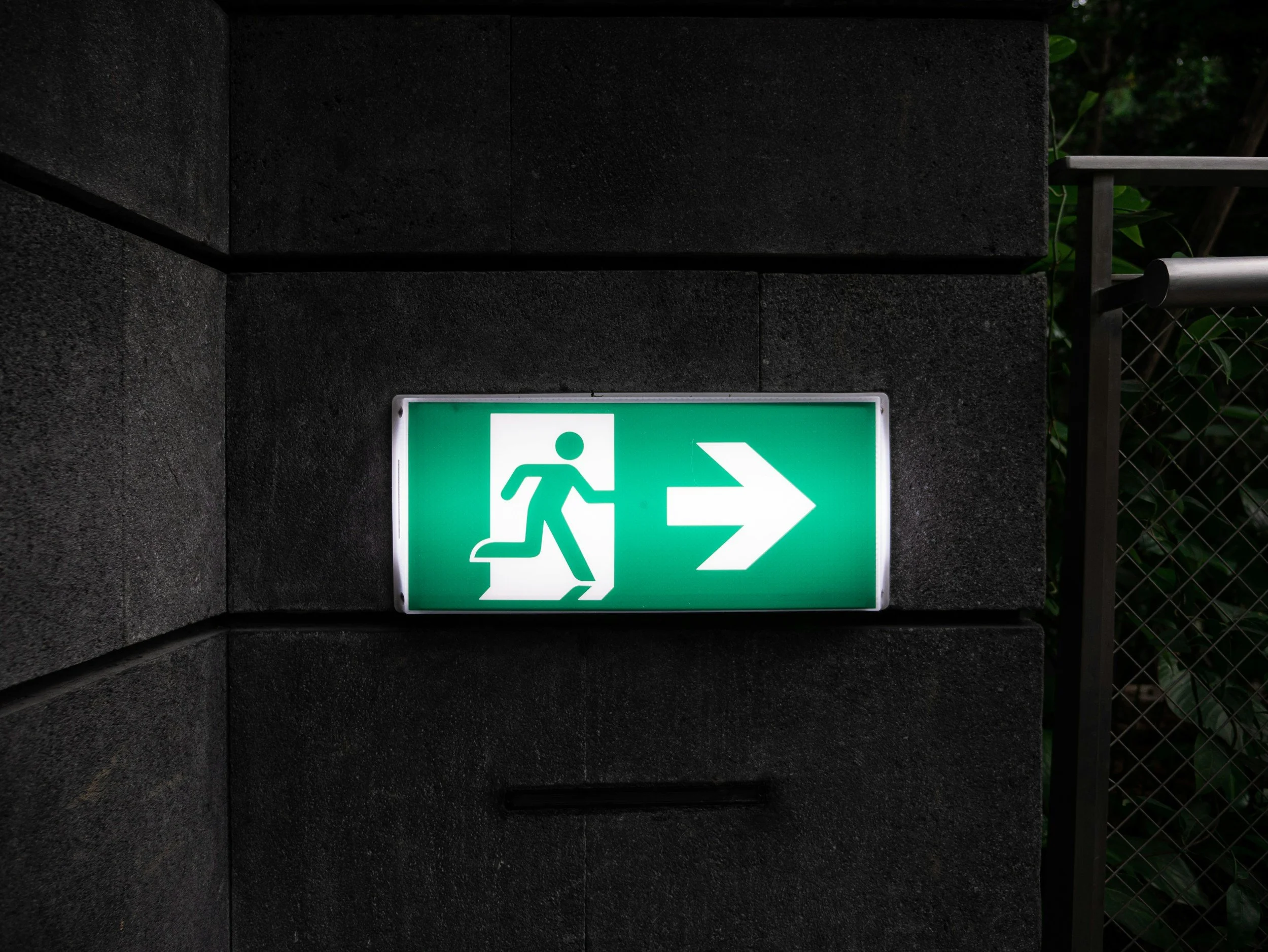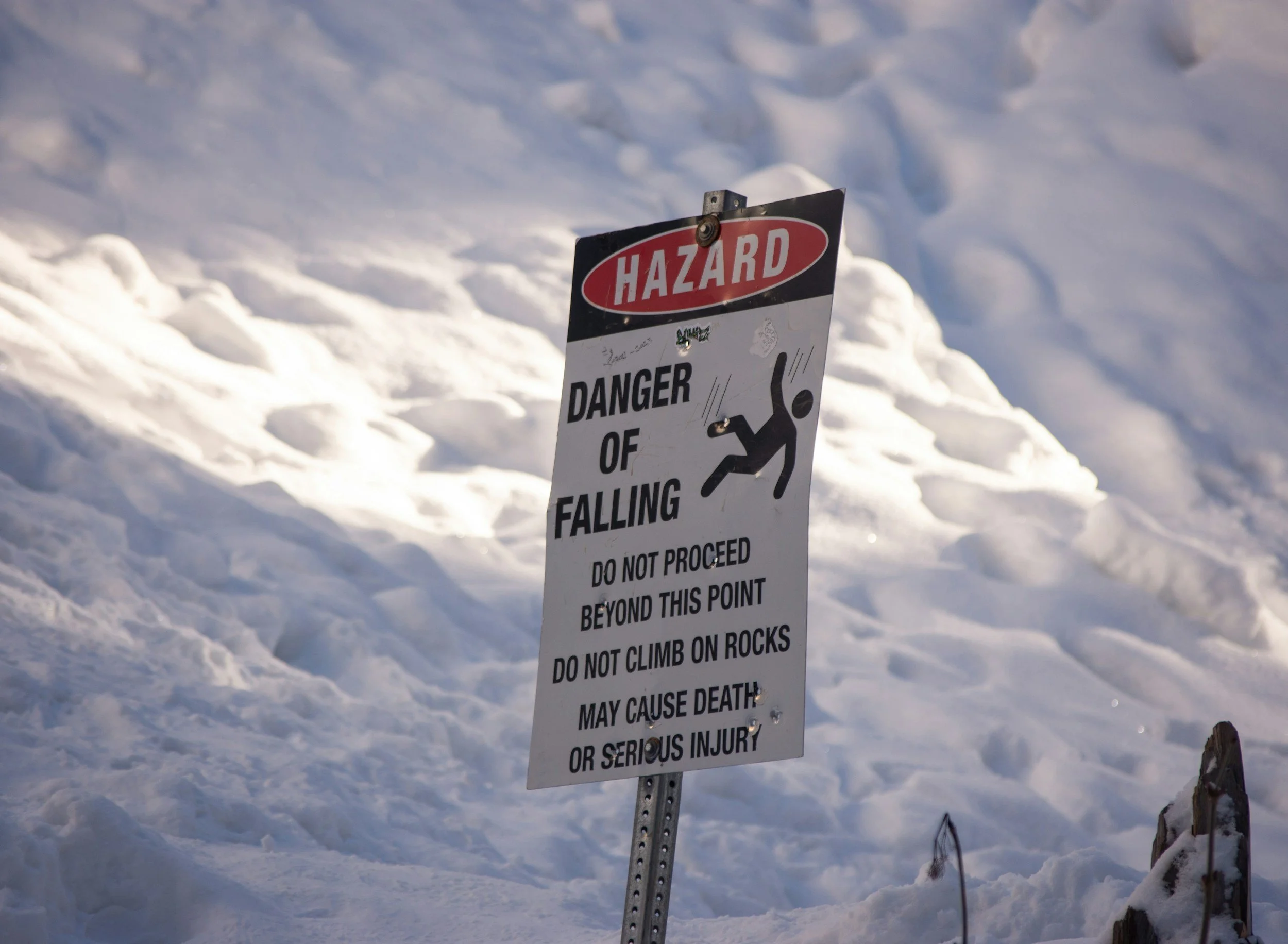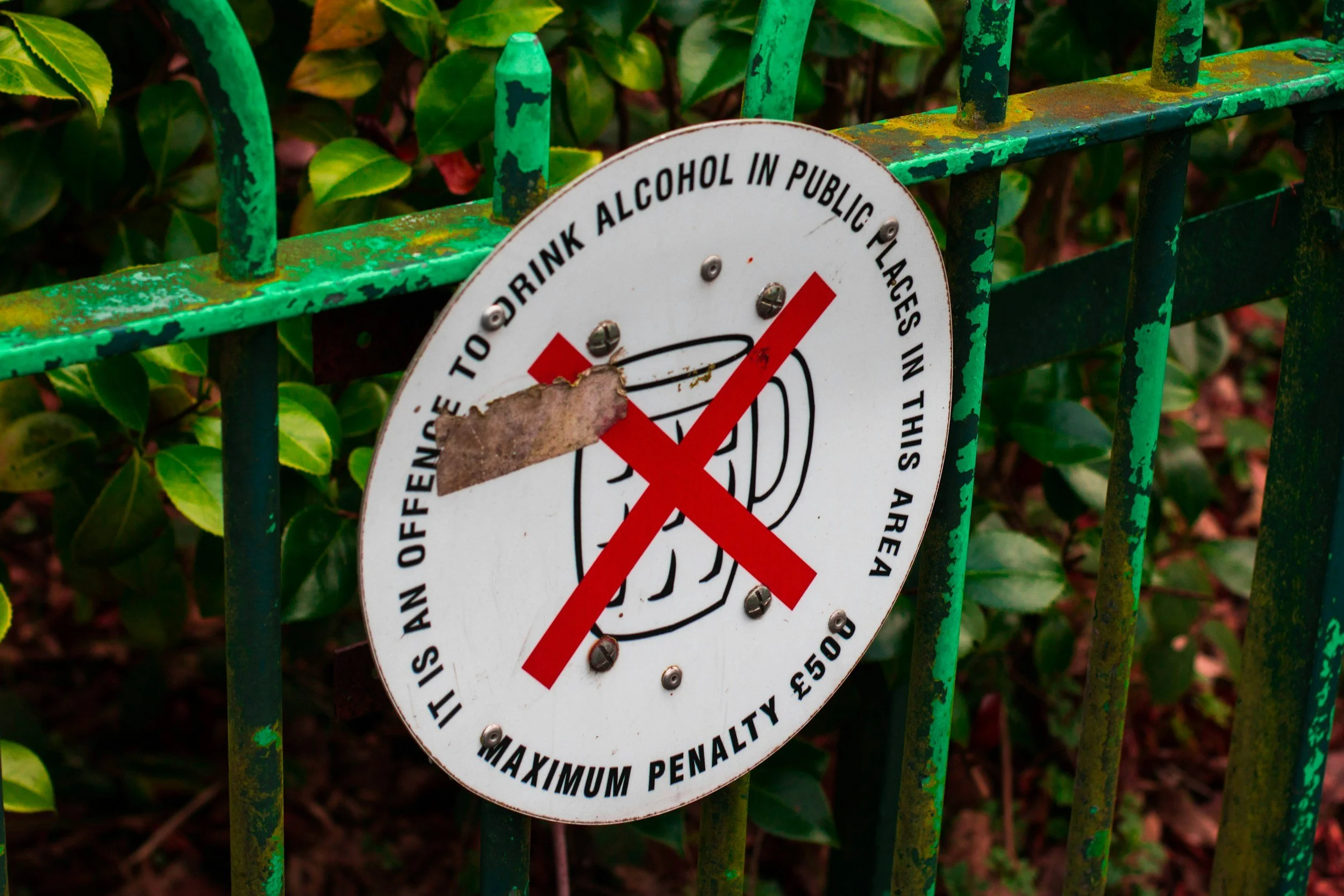Blog

Alcoholism & Drug Addiction: Why Treatment Is Essential
Addiction is often misunderstood. Many people see it as a matter of willpower, a bad habit, or a moral failing. But as an addiction specialist, I know the truth: alcoholism and drug addiction are chronic medical conditions that demand treatment. Left unaddressed, they erode health, relationships, and purpose. Managed with care, they can become the foundation for profound transformation.

Why Awareness Is the Key to Relapse Prevention
As an addiction specialist, I often tell my clients: recovery isn’t just about quitting a substance—it’s about understanding your brain. Addiction hijacks the mind in ways that make relapse not just possible, but likely—unless we learn to recognize and respond to the internal tug-of-war between our emotional and logical selves.

Chronic Marijuana Use and Behavioral Addictions: A Hidden Link
As an addiction specialist, I’ve seen firsthand how substance use and behavioral addictions often intertwine in complex and surprising ways. One of the most overlooked relationships is the correlation between chronic marijuana use and behavioral addictions such as pornography and video gaming. While these behaviors may seem unrelated on the surface, they often share underlying psychological mechanisms—and when combined, they can reinforce each other in ways that deepen dependency and impair functioning.

Loving Someone with Addiction: The Courage to Set Boundaries and Follow Through
Living with a partner who suffers from addiction is one of the most emotionally complex experiences a person can face. You love them. You’ve built a life together. You’ve seen their potential, their tenderness, their dreams. But addiction doesn’t care about love—it hijacks the brain, distorts behavior, and erodes trust.
As an addiction specialist, I’ve worked with countless spouses and partners who feel torn between compassion and survival. They ask: “How do I help without losing myself?” “When do I draw the line?” “What do I do when promises are broken again and again?”
This blog is for you.

The Power of Humility in Early Recovery: Why Less Is More
Recovery is not a sprint—it’s a slow, deliberate walk back to yourself. In the early stages, it’s tempting to believe that now that the substance is gone, life should resume at full speed. But here’s the truth: early recovery is sacred ground. It’s where the foundation is laid, and humility is the cornerstone.

The Power of Recovery: Why Honesty with Yourself Is Everything
Recovery isn’t just about quitting a substance or behavior—it’s about reclaiming your life. It’s about waking up each day with clarity, purpose, and the ability to face yourself in the mirror without flinching. And at the heart of every successful recovery journey lies one non-negotiable principle: radical honesty with oneself.

Dependence vs. Chronic Addiction: Understanding the Spectrum of Substance Use
In the world of addiction treatment, language matters. Words like dependence, addiction, acute use, and chronic use are often used interchangeably—but they describe very different experiences. Understanding these distinctions is not just academic; it’s essential for tailoring treatment, reducing stigma, and supporting recovery.

The Highs and Lows of Early Sobriety: Managing Stress and Over-Excitement
Early sobriety is a fragile, powerful time. For many, it feels like waking up after years of emotional numbness. Suddenly, everything is louder—joy, fear, hope, anxiety. But here’s the paradox: both stress and over-excitement can be dangerous in early recovery. As an addiction specialist, I’ve seen how these emotional extremes can trigger relapse if not understood and managed.
Let’s explore why this happens—and how to stay grounded while rebuilding your life.

Never Give Up: Why Healing Is Still Possible After Relapse
Relapse. It’s a word that carries weight, shame, and often a sense of defeat. But here’s the truth that doesn’t get said enough: relapse is not the end of your recovery—it’s part of the journey. And if you’ve found yourself back in the cycle, again and again, I want you to know this: you are not broken, and you are not alone.

When Someone You Love Is Struggling with Addiction: Where You Can Find Help Too
Addiction doesn’t just affect the person using—it ripples outward, touching everyone close to them. If you’re the parent, partner, sibling, or friend of someone battling addiction, you know the pain intimately. The sleepless nights. The fear. The anger. The helplessness. You may feel like you’re drowning in someone else’s chaos, unsure where to turn or how to help.
Let me say this clearly: you deserve support too. Your healing matters. And there are resources, communities, and professionals ready to walk beside you.

Consequences: The Wake-Up Call That Saves Lives
In the world of addiction—whether it’s substances like alcohol or cocaine, or behavioral compulsions like gambling, sex, or shopping—there’s one truth that often cuts through denial faster than any therapy session or heartfelt plea: consequences. As an addiction specialist, I’ve seen countless individuals hit a wall they never saw coming. And while it may feel cruel or catastrophic at the time, that wall often becomes the turning point—the moment they finally wake up.
Let’s talk about why consequences matter, how they work, and how they can be harnessed to support recovery.

Family Guide to Ketamine Addiction: Understanding, Supporting, and Healing
Ketamine addiction is a growing concern, especially among young adults and those seeking escape from emotional pain. While ketamine has legitimate medical uses, chronic misuse can lead to serious physical, psychological, and spiritual damage. Families play a vital role in recognizing the signs, initiating help, and supporting recovery.

When Alcohol Meets Cocaine: Understanding the Double-Edged Danger
In the world of substance abuse, few combinations are as volatile—and as common—as alcohol and cocaine. On their own, each substance carries serious risks. Together, they create a chemical cocktail that’s not only dangerous but deeply deceptive. As an addiction specialist, I’ve worked with countless individuals caught in this dual trap. The good news? Recovery is possible. But first, we need to understand the nature of the beast.

Chronic Marijuana Use & Binge Drinking: A Dangerous Duo
As an addiction specialist, I’ve worked with countless individuals who believed marijuana was harmless—“just a plant,” “not addictive,” or “better than alcohol.” While it’s true that marijuana doesn’t carry the same overdose risk as opioids or alcohol, chronic daily use can quietly erode physical, mental, and emotional health. And when binge drinking enters the picture, the consequences can compound in ways that are often underestimated.

Slip or Relapse: A Loved One’s Guide to Navigating the Storm
When someone you love is battling addiction, every day of sobriety feels like a victory. But what happens when that victory is interrupted—by a slip, or worse, a full-blown relapse? The emotional fallout can be devastating: fear, anger, confusion, and heartbreak. As an addiction specialist, I’ve seen families struggle with these moments, unsure how to respond or what it means for their loved one’s recovery. Let’s unpack the difference between a slip and a relapse, and explore how families can respond with compassion, boundaries, and hope.

Slip vs. Relapse: Why the Difference Matters in Recovery
Recovery from addiction isn’t a perfect linear path—it’s a winding road with highs, lows, progress, and occasional detours. Two words often used in this journey are “slip” and “relapse”—but understanding their differences can be the key to healing instead of spiraling.

Why Abstinence Is the Only Cure for Chronic Addiction—And Why Addicts Struggle to See It
Addiction doesn’t whisper—it deceives. It clouds judgment, numbs emotions, and convinces the afflicted that they’re in control when control is long gone. For those suffering from chronic addiction—whether to substances or behaviours—abstinence isn’t just a lifestyle choice. It’s a life-saving imperative.

When a 30–60 Day Treatment Center Is the Right Decision: A Specialist’s Perspective
Addiction doesn’t just impact the person caught in its grasp—it ripples through families, friendships, and communities. As an addiction specialist, I’ve seen firsthand how difficult it can be for loved ones to decide when a more intensive treatment option, like a 30–60 day residential program, is not just helpful, but necessary.

The Road to Long-Term Sobriety: A Holistic Commitment to Healing
Achieving long-term sobriety from alcohol or substance use is one of the most profound and demanding commitments a person can make. As an addiction specialist, I’ve seen how recovery is far more than abstinence—it’s a transformation that requires ongoing, layered work across the biological, psychological, social, and spiritual dimensions of life. Let’s explore each pillar and the deep dedication it takes to rebuild a life of clarity, purpose, and connection.

Cocaine Addiction: The Breakdown of Mind, Body, and Spirit—and the Path to Healing
Cocaine is often glamorized for its quick rush of energy and euphoria, but behind its seductive facade lies an addiction that devastates lives—mentally, physically, and spiritually. As an addiction specialist, I’ve seen how this powerful stimulant not only rewires the brain but also dismantles a person’s sense of purpose, connection, and overall health. Understanding its impact is the first step toward reclaiming your life.
